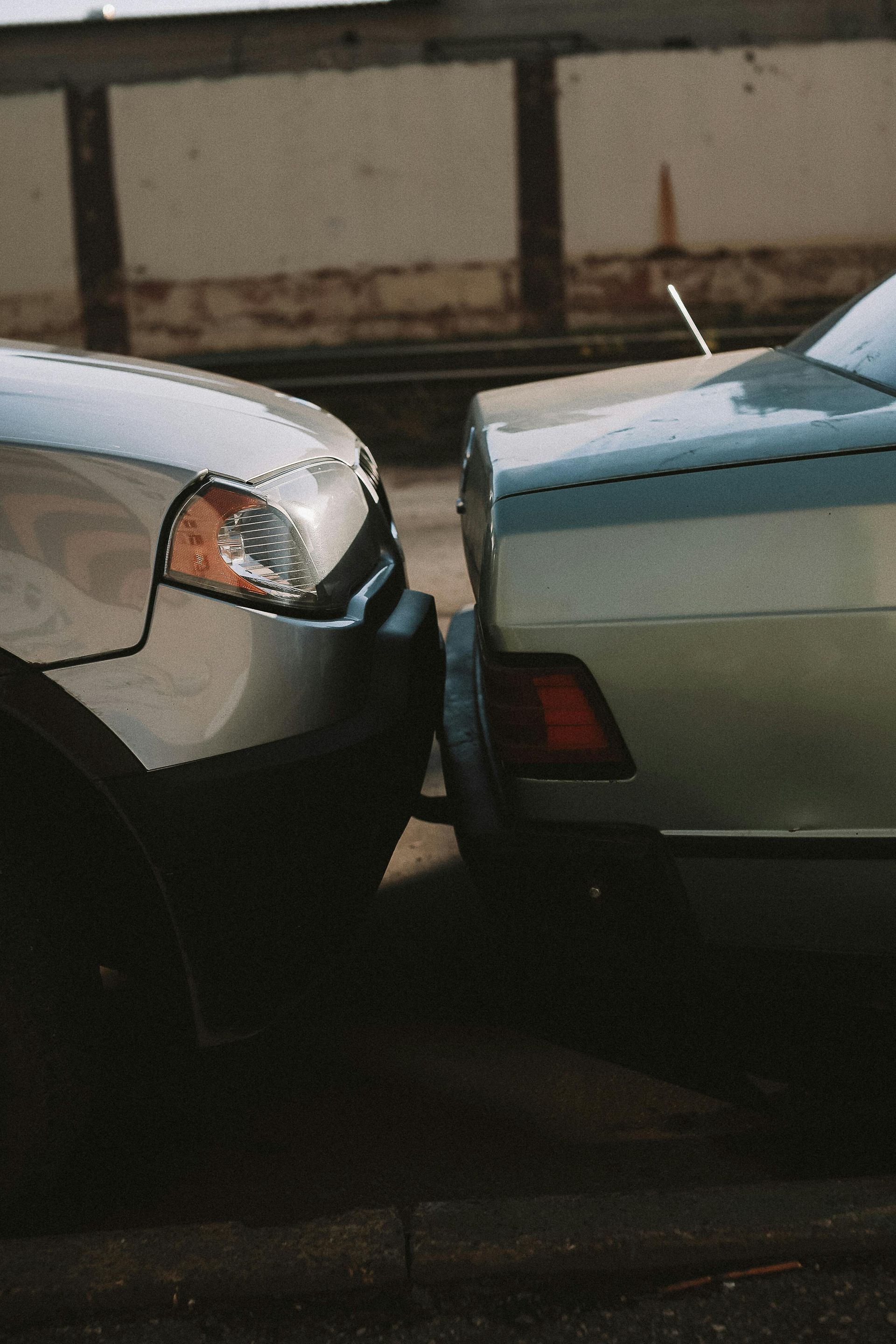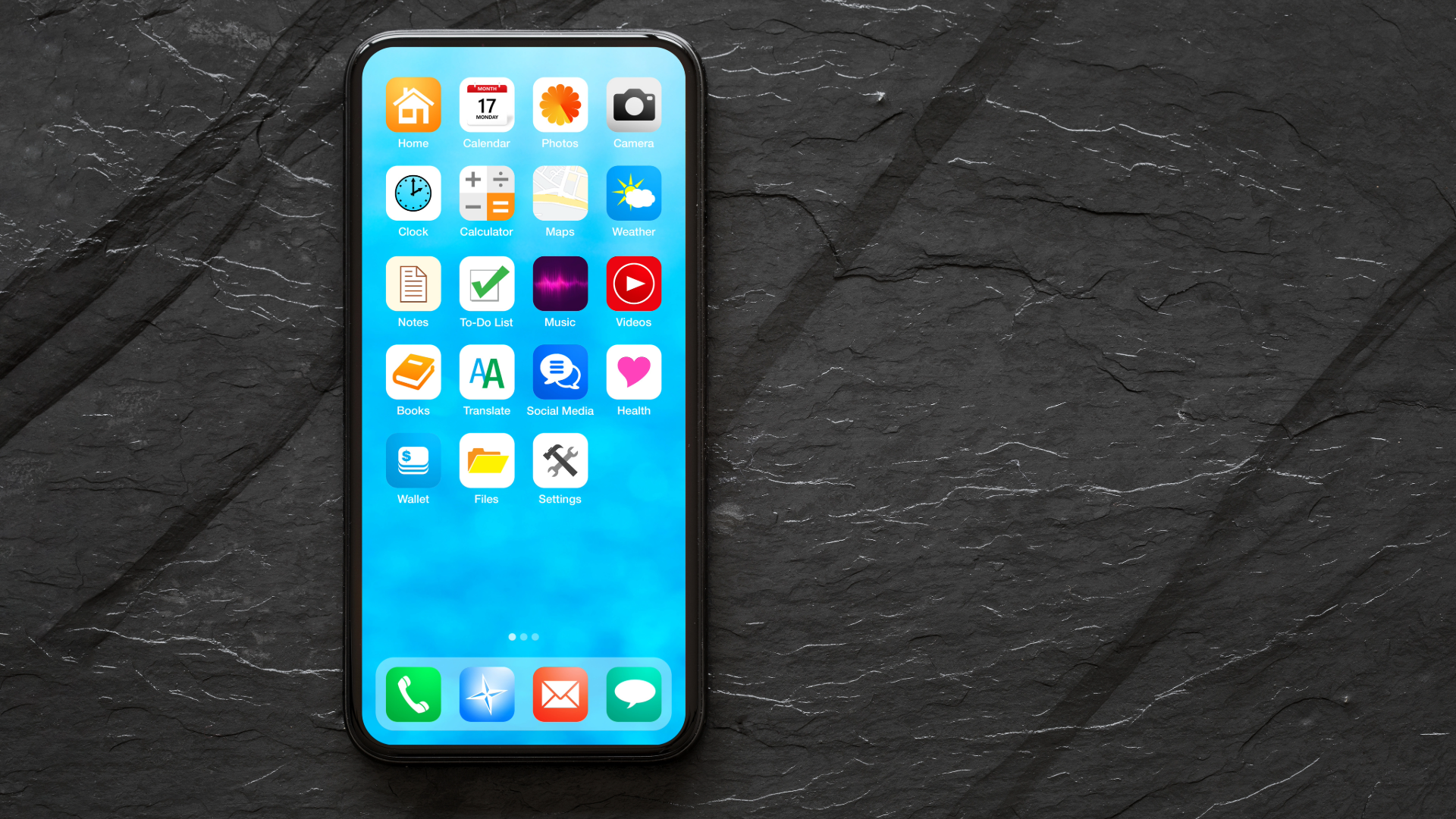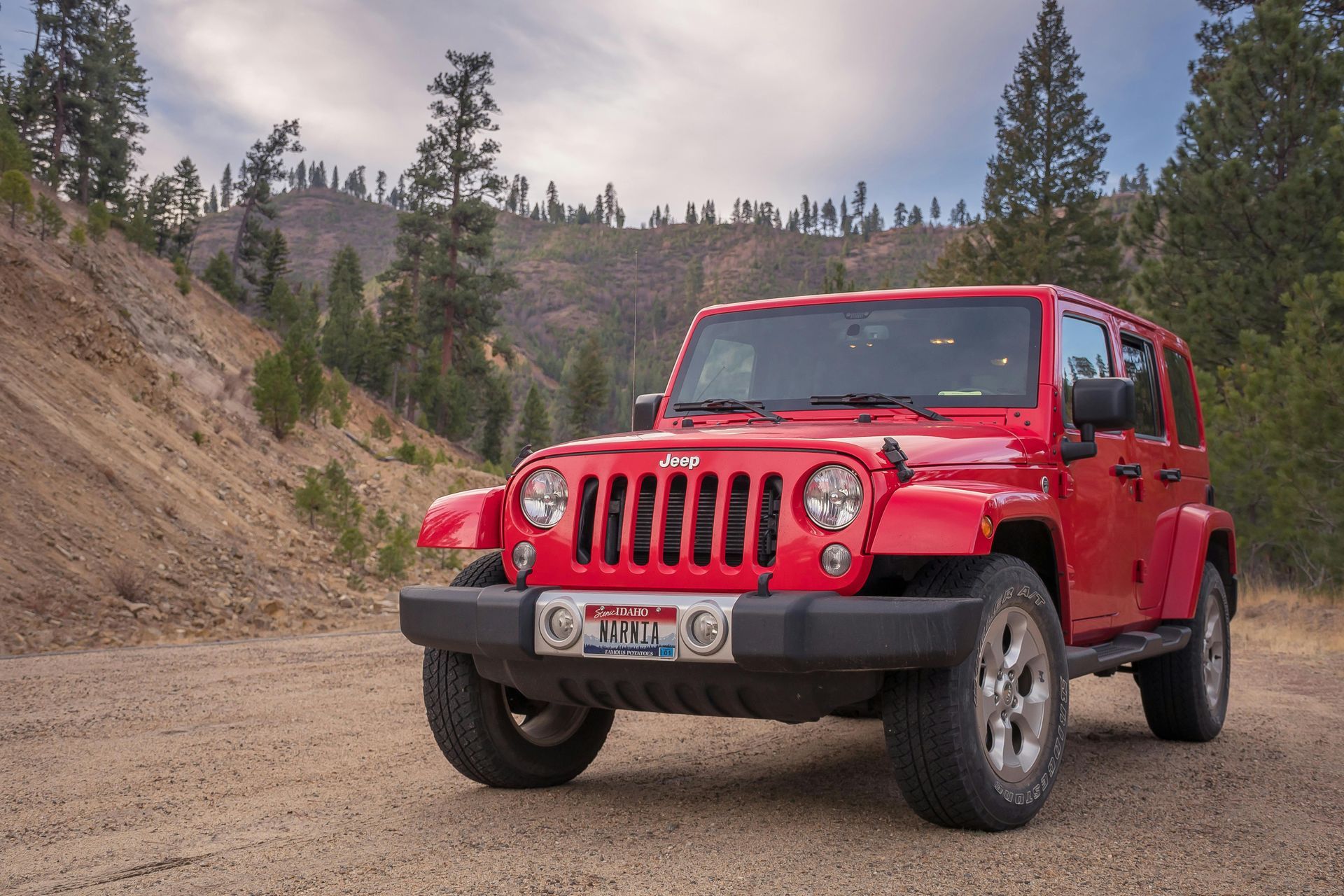How to handle a hit-and-run accident
What do you do when there's a hit-and-run accident?

If you are involved in a hit-and-run situation, whether as the victim or witness, it’s crucial to remain calm and take the following steps:
1. Ensure Safety First
Check for injuries: If anyone is injured, call emergency services immediately (911 or your local emergency number).
Move to a safe location: If possible, move your vehicle out of traffic to avoid further accidents or hazards.
2. Call the Police
Report the incident: Even if the damage seems minor, it's essential to have an official police report. This can help with insurance claims and any legal action.
Provide details: Describe the incident and provide any information you have about the other vehicle, such as:
Make, model, and color of the vehicle.
License plate number (even partial).
Description of the driver or passengers.
Direction the vehicle was heading after the crash.
3. Gather Evidence
Take photos: Photograph the scene, your vehicle, and any damage or injuries. Include skid marks, debris, or anything relevant.
Write down details: Immediately jot down everything you remember about the hit-and-run vehicle or driver.
Look for witnesses: Ask people nearby if they saw the incident and if they’re willing to provide their contact information or statements to the police.
4. Notify Your Insurance Company
File a claim: Contact your insurance provider as soon as possible to report the hit-and-run accident.
Uninsured motorist coverage: If the other driver is not found, your own insurance may cover damages if you have uninsured/underinsured motorist coverage.
5. Follow Up with Authorities
Check for updates: Stay in contact with the police for updates on the investigation, especially if new evidence or witnesses come forward.
If You're the Driver Involved
Stay at the scene: Leaving the scene of an accident is illegal in most places and can lead to criminal charges.
Provide assistance: Offer help to anyone injured and call emergency services immediately.
Key Things to Avoid:
Chasing the other vehicle: It can be dangerous and could escalate the situation.
Admitting fault: In the heat of the moment, avoid making statements about fault; leave it to the authorities and insurance companies to determine.
Handling a hit-and-run properly helps ensure safety, preserves your legal rights, and increases the chances of the responsible party being found.
Recent posts



